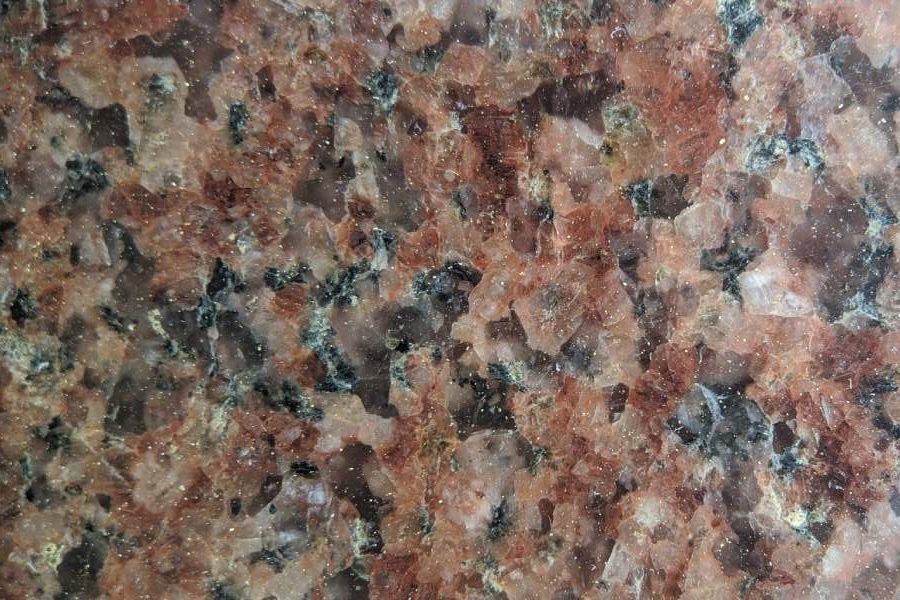Granite has long been admired for its natural beauty and durability. This igneous rock is known for its distinct veining patterns, its variations in color, and the unique ways it reflects light. Yet beyond its aesthetic appeal lies a rich geologic history that offers insight into how granite forms, what gives it its characteristic qualities, and why it remains such a sought-after material. For builders and designers alike, granite is a coveted material for its unique traits, especially for Delray Beach granite countertops.
What is it and Where Does it Come From
Granite is an igneous rock that has been highly valued for its natural beauty and durability for centuries. It is composed primarily of quartz, feldspar, and mica minerals, which give it its distinct veining patterns and unique colors. The formation of granite begins with the slow cooling of molten magma deep within the earth’s crust over millions of years.
Granite can be found all around the world, where it is a well-known material for countertops and other construction purposes. Marble and granite in Delray Beach are particularly valued for their quality and beauty.
Geological Formation
This critical aspect of understanding the natural beauty and unique properties of materials such as granite. Granite itself is formed deep beneath the Earth’s surface, where extreme heat and pressure cause minerals to fuse together over millions of years. As magma cools and crystallizes underground, it forms igneous rocks like granite that are highly resistant to wear and tear.
The physical characteristics of granite can vary widely depending on its specific geological makeup, factors such as mineral content, age, location, and exposure to environmental conditions. By analyzing these patterns in detail – from the complex veining structures that give some types of granite their signature look to the way light reflects off its polished surfaces – geologists can gain valuable insights into how mountains form and what influences shape our planet’s landscape over time.
Characteristics of Granite
Granite is a type of igneous rock that forms when molten magma cools and solidifies beneath the earth’s surface. It is known for its hardness, density, and resistance to erosion, making it an ideal material for construction projects such as flooring, countertops, and monuments. Granite is also highly resistant to extreme temperatures, which makes it a popular choice for outdoor use.
One of the most distinct features of granite is its various veining patterns caused by different mineral deposits within the rock. These minerals give the stone its unique colors and reflective qualities under natural light. Additionally, granite has very low water absorption rates compared to other rocks making it naturally waterproof thus preventing moisture-related damage from affecting structures.
Applications of Granite
One of the most common applications of granite is in construction. Its durability and resistance to erosion make it an excellent choice for building materials, such as countertops, flooring, walls, and monuments. Architects and designers also appreciate its aesthetic appeal, which ranges from muted earth tones to eye-catching blue or pink hues. Additionally, granite’s ability to withstand extreme weather conditions makes it ideal for outdoor projects like landscaping features.
In recent years, there has been a surge in demand for decorative uses of granite. It is highly valued by interior designers who use it extensively for fireplace surrounds or accent walls where the natural beauty of this stone can enhance any decor style from sleek modern looks to rustic cabin design styles. Artisans often craft beautiful sculptures out of this stone due to its workability with chisels and drills. The versatility of granite allows artists flexibility when designing intricate shapes with smooth curves that are carved into their masterpieces.
Overall, the applications of this stunning rock are vast and varied – ensuring that granite remains one of our planet’s most prized natural resources both now and into the future!
Conclusion
Granite is a remarkable natural material that has captivated people for centuries, including those seeking Delray Beach countertops. Its distinct beauty and durability have made it a popular choice for builders and designers around the world. Through our exploration of its geologic history, we’ve gained insight into how this igneous rock forms deep beneath the earth’s surface and what gives it its unique qualities.
Granite’s natural veining patterns, color variations, and reflective properties make it an aesthetically pleasing addition to any space. Additionally, granite’s characteristic durability and resistance to heat, scratches, and stains make it one of the most durable materials available in construction today, making it an excellent choice for Delray Beach granite countertops.

